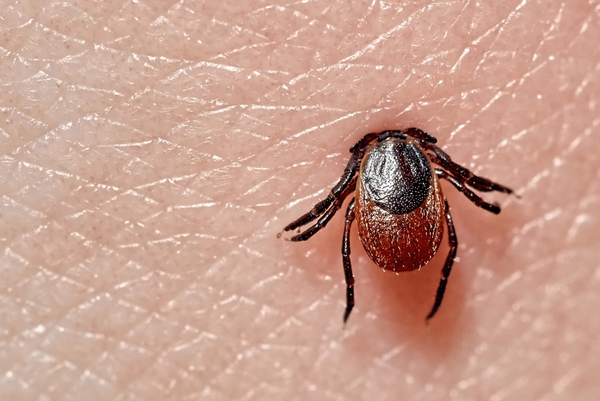Vaccines
At Dr. Dropin, you have three options for taking vaccines.
- You can order a prescription for vaccines through a digital form and have the vaccine administered at a pharmacy of your choice.
- If you are unsure about which vaccines you should take, you can book a video appointment for guidance and a prescription. The vaccine can be given at a pharmacy of your choice or brought to one of our clinics.
- At a regular doctor's appointment in the clinic, you can get the flu vaccine in season (October-February) in all our clinics.
You can get a prescription for the following vaccines through a digital form:
Forest tick, tetanus,diphtheria, whooping cough and polio, HPV, pneumococcal vaccine, menigitis, Hepatitis A/B/A+B and influenza vaccine
Order prescription for vaccine





